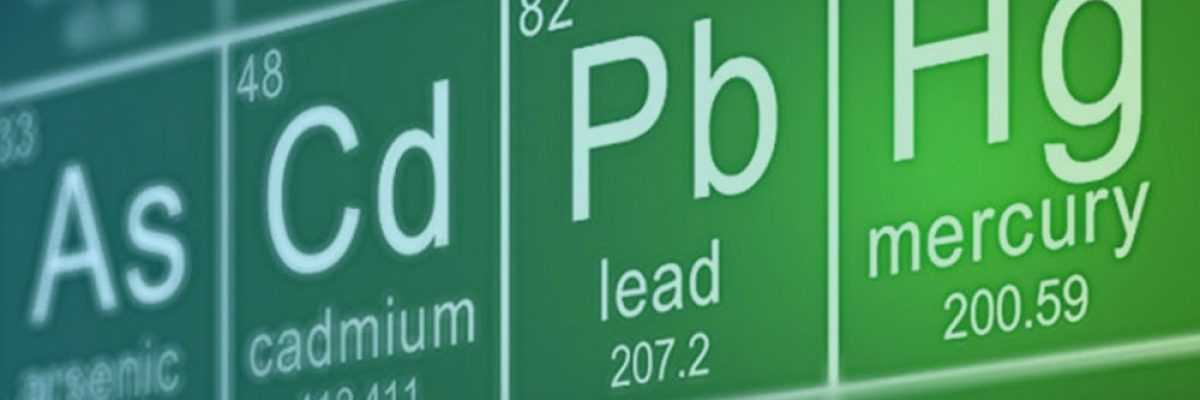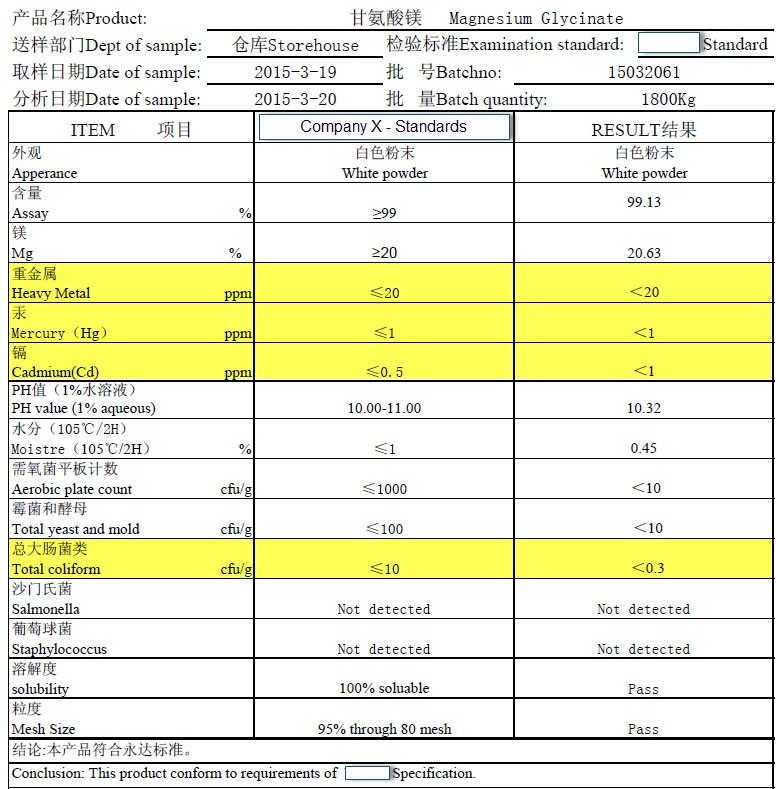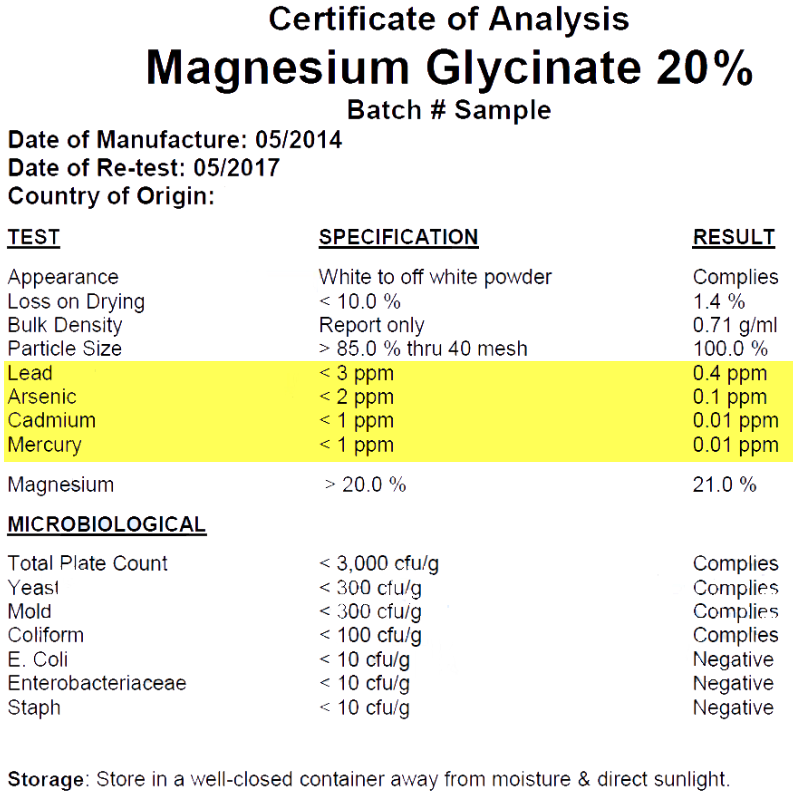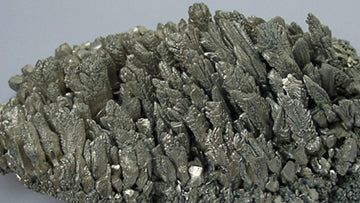
The Hidden Danger in Your Supplements: Uncovering Heavy Metal Contamination
Our Wake-Up Call
Our venture began with a simple mission: to offer a magnesium supplement safe enough for daily consumption, one we'd confidently recommend. However, our initial excitement turned to concern when the first batch of magnesium we considered was tainted with mercury levels consistent with alarming figures reported from certain overseas suppliers.
Determined to find a safer alternative, we delved into research and stumbled upon a gaping hole in our regulatory system: there are no set definitive limits for heavy metals in supplements. This lack of regulation means consumers are unknowingly exposed to potentially toxic levels of heavy metals in supplements they are consuming on a daily basis.
The Journey to Safety
Refusing to settle for the status quo, we embarked on a global search for the cleanest magnesium we could find. After weeks of rigorous searching and countless certificates of analysis, we discovered a batch of magnesium glycinate that was virtually free of the heavy metals that tainted our initial sample. This find was not just a victory for us but a beacon of hope for consumers everywhere.
Certificate of Analysis 1:

The first thing that caught our attention was the heavy metal content, which we found was consistent with most figures that came out of China. We wanted to develop a supplement that we would happily take every day and feel good about recommending it to others. Knowing heavy metals were extremely detrimental to our health but not knowing what acceptable or reasonable levels of heavy metals were in supplements we did some research.
To understand why we were concerned, one must know heavy metals poison our organs and can cause a huge list of health complications, including:
- Headaches
- Fatigue
- Depression
- Nerve damage
- Tunnel vision
- Anxiety
We went on to find a heavy metal standard developed by Mike Adams who explained, “Neither the USDA nor the FDA have set any limits on heavy metals in foods and organic foods, meaning that products can contain extremely toxic levels of mercury, lead, cadmium, arsenic, copper and even tungsten while still being legally sold in the USA.” He has created supplement grade levels based on heavy metal content.

From certificate analysis 1, the acceptable standard for mercury content is less than 1 ppm with the test also showing less than 1. While the result passes the companies standard, we believe that standard acceptable amount is far too high, leading to a straight F grade.
After spending a few weeks contacting bulk mineral distribution companies around the world, asking for their magnesium certificate of analysis we finally found a batch of magnesium glycinate with less than 1% of the mercury of the first magnesium I was offered.
Certificate of Analysis 2:

This batch scored extremely well in the heavy metal standards, receiving an A++ for mercury, A+++ for cadmium, A++ for arsenic and a B for lead. With less than 1% of the heavy metals from the first certificate of analysis, scoring amounts of mercury and cadmium lower than what the test could detect.
This whole process made us wonder how many other supplements on our shelves are contaminated with heavy metals. Had we been less aware and said yes to the magnesium we was first offered like so many before us, there would be another supplement on the shelves just marked as magnesium made in New Zealand. While none of that is false, it is misleading and hides the real quality.
Don’t always assume a supplement is good for you, just because it sits on the shelf of a health store, always be wary of what you’re taking. Yes, a magnesium supplement may do wonders for most people in terms of high blood pressure or improved sleep but over a long enough period, the constant consumption of additional heavy metals can be extremely detrimental to your health, especially is your bodies detox system isn’t functioning optimally.
Most people don’t just take one supplement either, with many different supplements containing heavy metals, combined over time may start to negatively impact some people’s health.
Do a little research on the supplements you want to take. Contact the companies you buy from and ask for a certificate of analysis on the ingredients they use and avoid known contaminated products. I know I would want to know if one product contained one hundred times more mercury than the other. Anything you plan on taking long term, find out what is really in the product and make sure you’re not doing more harm than good.









Can you please share with me the name of the magnesium glycinate that performed best in terms of fewest heavy metals contained? I finding it difficult to access this information. I have NOW magnesium.
Can you recommend Suppliers of products who source lower levels of harmful ingredients (lead, arsenic, etc) for sale to the public?